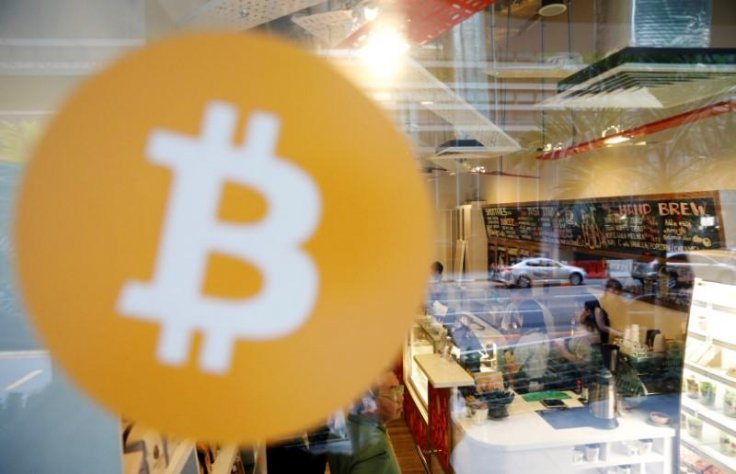On November 25 2019, MoneyGram announced in a press release a new $20 million investment, made by Ripple, the company behind the crypto XRP. This investment is part of a partnership between the two companies, in which Ripple committed a total of $50 million.
Ripple is willing to carry out the partnership with MoneyGram

Surprisingly, the shares were purchased at $4.10 per unit, a price 30% above the current value of the shares, demonstrating Ripple's willingness to carry out the partnership at all costs. This investment will notably finance the integration and expansion of the "On-Demand Liquidity" service proposed by Ripple (formerly called xRapid).
"This funding will support MoneyGram's operations as the company continues to increase the volume and use of On-Demand Liquidity, Ripple's product that leverages XRP digital assets to send money globally, instantly and reliably for fractions of centimes," as per a press release of MoneyGram.
A global expansion

Since the start of the partnership in June 2019, On-Demand Liquidity has been responsible for approximately 10% of the MoneyGram exchanges between the United States and Mexico. Other cross-border payment channels are currently being implemented in Europe, Australia and the Philippines, as Ripple CEO Brad Garlinghouse explained.
"Last month, we announced MoneyGram's support of On-Demand Liquidity for payments in the Philippines, and we are pleased to support the expansion of Moneygram in Europe and Australia. Digital assets and blockchain technology have the potential to have a huge impact on cross-border payments – Moneygram and Ripple are an example," said Ripple's CEO.
Following this new investment, Ripple now holds 9.95% in Moneygram in common shares and about 15 per cent on a fully diluted basis. In early November, Brad Garlinghouse said 2019 was "the strongest year" for Ripple, thanks in part to the growth of Ripplenet and On-Demand Liquidity.
Moneygram continues its international evolution, although this solution is not necessarily the most attractive in terms of user fees. Hopefully, the new investment will allow for better integration of the service and therefore lower fees.









